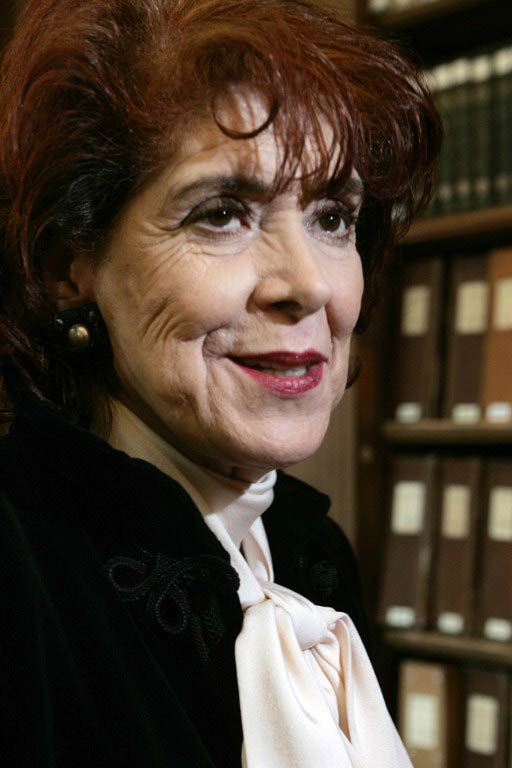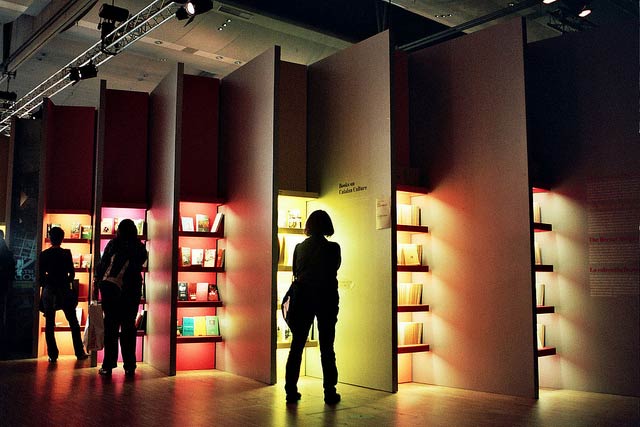
The acclaimed Algerian novelist Assia Djebar, who explored the lives of Muslim women in her fiction for more than 50 years, has died.
Djebar, who was born and raised in Algeria and who was regularly named as a key contender for the Nobel prize in literature, died on February 7 in a Paris hospital, French press reported . She was 78.
French president François Hollande paid tribute to the writer on learning of her death, with a statement describing her as a “great intellectual” and a “woman of conviction, with multiple fertile identities which fed her work, between Algeria and France, between Berber, Arab and French”.
Djebar’s American publisher Seven Stories Press, which released three of her works in English translation, Algerian White, So Vast the Prison, and The Tongue’s Blood Does Not Run Dry, called her an “admired and beloved author, translator and filmmaker”.
“It is with extreme sadness that we mourn the great Assia Djebar, who passed away this week,” said the publisher in a statement . “Her novels and poems boldly face the challenges and struggles she knew as a feminist living under patriarchy and an intellectual living under colonialism and its aftermath. Djebar’s writing, marked by a regal unwillingness to compromise in the face of ethical, linguistic, and narrative complexities, has attracted devoted followers around the world.”
Djebar was born Fatima-Zohra Imalayan, but adopted the pen-name Assia Djebar after publication of her first novel in 1957. La Soif, which translates literally as The Thirst but was published in English as The Mischief, tells of a westernised young woman growing up in Algeria. Djebar would go on to write more than 15 novels in French, with her works translated into more than 20 languages. Les Enfants du Nouveau Monde (The Children of the New World), published in 1962, looked at the lives of women in a rural Algerian town drawn into the resistance movement
In 2005 Djebar became the fifth woman to be elected to the Académie Française. An academic, most recently at New York University, where she held the position of French literature professor, the author was also a playwright and filmmaker. She won a number of awards for her work, including the International Prize of Palmi, the Peace Prize of the Frankfurt Book Fair and the International Critics’ Prize at the Venice Biennale for the film La Nouba des Femmes du Mont Chenoua.
She was also the recipient of the International Literary Neustadt Prize, William Gass writing at the time that “Assia Djebar is not being celebrated here because she has brought us more bad news, or exotic treats, or even her eloquent imagination, worthy as much as that may be; we are lauding her here because she has given weeping its words and longing its lyrics”.



